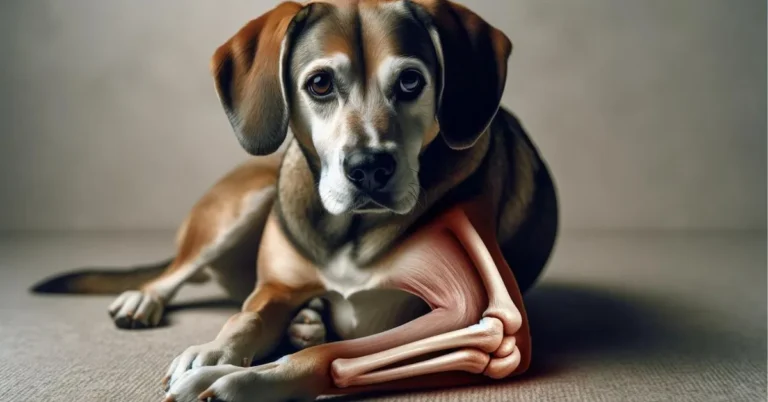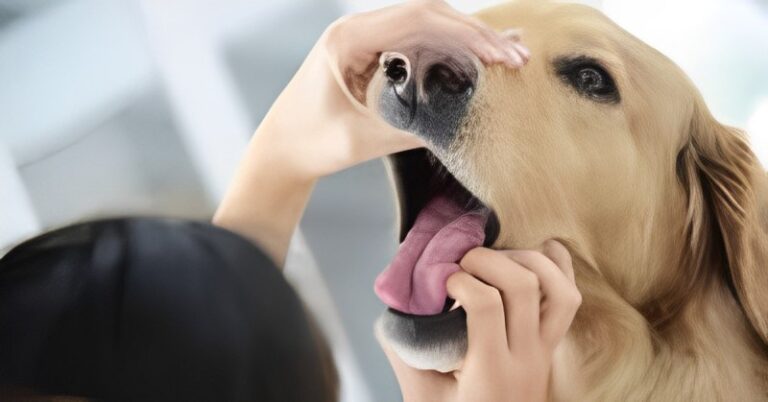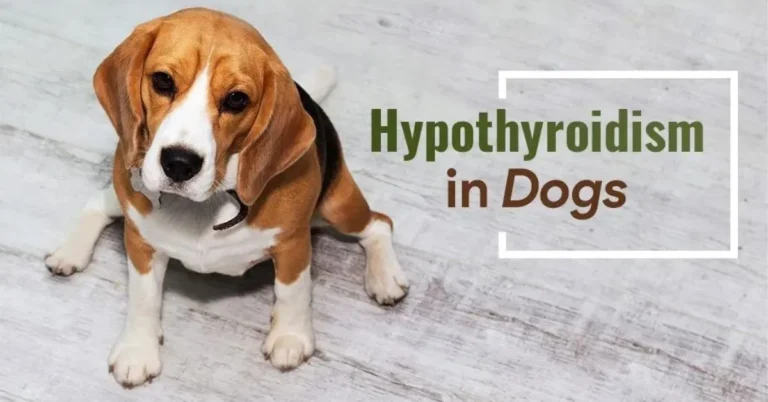Dog Dandruff: Types, Causes, Home Remedies, Proper Treatment
Dog dandruff is a widespread problem that frequently goes unnoticed, but dogs can also have some health issues similar to those experienced by people.
Even if your pet’s flaking skin may cause you some worry, knowing the underlying reasons, taking preventative steps, and using efficient treatments will assist to maintain their general wellbeing.
What is dog dandruff?

Dog dandruff, scientifically known as seborrhea, is a common skin condition affecting our canine companions. Similar to human dandruff, it manifests as small, white, or yellowish flakes of dead skin that become visible on a dog’s coat.
Generally, these flakes may be accompanied by itching, redness, or inflammation of the skin. While some level of flaking is normal as skin cells regenerate, an excessive amount of dandruff can indicate an underlying issue.
Factors contributing to dog dandruff include dry skin, allergies, nutritional deficiencies, fungal or bacterial infections, or even genetic predispositions.
Understanding the root cause is crucial for effective management and ensuring the overall health and comfort of your furry friend.
Obviously, regular grooming, a balanced diet, and appropriate veterinary care are key elements in addressing and preventing dog dandruff.
Types of dog Dandruff
| Type of Dandruff | Characteristics | Possible Causes | Prevention and Treatment |
| Dry Skin Dandruff | Small, white flakes; may be accompanied by itching | Insufficient humidity, frequent bathing, harsh grooming products | Ensure proper hydration, use moisturizing shampoos, and avoid over-bathing |
| Allergic Dandruff | Flakes with skin irritation; may have redness | Allergic reactions to food, environmental factors, grooming products | Identify and eliminate allergens, use hypoallergenic products, consult vet for dietary adjustments |
| Nutritional Dandruff | Dry, flaky skin; poor coat condition | Lack of essential fatty acids, vitamins, or minerals in diet | Provide a balanced and nutrient-rich diet, consider supplements with vet’s advice |
| Parasitic Dandruff | Flakes along with signs of parasites | Fleas, ticks, or mites infestation | Implement regular parasite prevention, consult vet for treatment |
| Health-related Dandruff | Flakes with signs of underlying health issues | Hormonal imbalances, autoimmune diseases, infections | Consult a veterinarian for thorough examination and specific treatment |
| Over-bathing Dandruff | Dry and flaky skin | Excessive bathing or use of harsh shampoos | Limit bathing frequency, use mild shampoos, ensure proper rinsing |
| Genetic Dandruff | Persistent flakes related to breed tendencies | Breeds with double coats or specific skin characteristics | Regular grooming, moisturizing, and specific care based on breed |
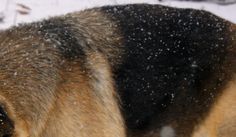
Causes of dog dandruff
Certainly, dog dandruff can arise from various causes, and understanding these factors is essential for effective management. Here are some common reasons why dogs may experience dandruff:
Dry Skin
Just like humans, dogs can suffer from dry skin, especially in dry or cold weather. Insufficient humidity, frequent bathing, or the use of harsh grooming products can contribute to dryness.
Allergies
In general, allergic reactions to certain foods, environmental factors, or even grooming products can lead to skin irritation and dandruff. Identifying and addressing allergens is crucial in managing this cause.
Poor Nutrition
Obviously, a balanced diet plays a crucial role in maintaining a dog’s skin health. Lack of essential fatty acids, vitamins, or minerals in their diet can result in dry and flaky skin.
Parasites
Infestations of fleas, ticks, or mites can irritate a dog’s skin, leading to dandruff. Regular parasite prevention and prompt treatment are essential in preventing skin-related issues.
Underlying Health Issues
Certain medical conditions, such as hormonal imbalances, autoimmune diseases, or fungal and bacterial infections, can contribute to dandruff. A thorough veterinary examination is necessary to diagnose and treat these underlying issues.
Over-bathing
Excessive bathing or the use of harsh shampoos can strip the natural oils from a dog’s skin, causing dryness and flakiness.
Genetics
Some dog breeds are more predisposed to skin issues, including dandruff. Breeds with double coats or specific skin characteristics may require extra attention to prevent dry skin.
Identifying the specific cause of dog dandruff is crucial for implementing an appropriate treatment plan. If dandruff persists or is accompanied by other concerning symptoms, consulting with a veterinarian is recommended for a thorough diagnosis and tailored care.
Home Remedies for Dog Dandruff
Coconut Oil Massage
Gently massage coconut oil into your dog’s skin. It moisturizes and soothes dryness, reducing dandruff. Ensure your dog doesn’t ingest large amounts.
Oatmeal Bath
Give your dog an oatmeal bath to relieve itching and nourish the skin. Use finely ground oatmeal mixed with water for a soothing solution.
Yogurt in Diet
In addition, add plain, unsweetened yogurt to your dog’s diet. The probiotics support a healthy skin microbiome, potentially reducing dandruff.
Fish Oil Supplements
Consult your vet about adding omega-3 fatty acid supplements (fish oil) to your dog’s diet. These can improve skin health and reduce dandruff.
Aloe Vera Gel
Generally, give your dog’s skin a tiny bit of pure aloe vera gel. It has moisturizing and anti-inflammatory properties that can alleviate dandruff.
Humidifier Usage
In dry climates, use a humidifier in your home to add moisture to the air. This can prevent dry skin and reduce dandruff.
Apple Cider Vinegar Rinse
Dilute apple cider vinegar with water and use it as a final rinse after bathing your dog. It can help balance the skin’s pH and reduce dandruff.
Regular Brushing
Generally, regular brushing can help to disperse natural oils and remove loose fur from your dog. This promotes a healthier coat and can minimize dandruff.
Chamomile Tea Soak
Brew chamomile tea, let it cool, and use it as a soothing skin soak for your dog. Chamomile has anti-inflammatory properties.
Dietary Adjustments
In addition, ensure your dog’s diet is rich in nutrients. Consult with your vet to identify any deficiencies that may contribute to dandruff.
While these home remedies can be helpful, it’s crucial to monitor your dog’s response and consult with a veterinarian if dandruff persists or worsens. Individual dogs may react differently to remedies, and professional guidance ensures the best care for your pet.
Prevention and Treatment of dog dandruff
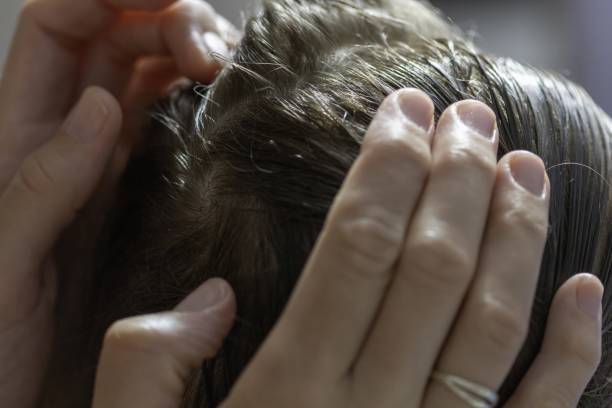
The treatment of dog dandruff involves addressing the underlying causes and implementing measures to promote a healthy coat and skin.
Here are some effective strategies to manage and alleviate dog dandruff:
Nutrition
In addition, ensure your dog receives a balanced and high-quality diet rich in essential fatty acids, vitamins, and minerals. Omega-3 fatty acids, found in fish oil supplements or certain dog foods, can help promote a healthy skin and coat.
Regular Grooming
Generally, brush your dog’s coat regularly to remove loose fur, dirt, and dandruff. Obviously, this helps distribute natural oils and stimulates the skin. Use a soft-bristle brush to avoid irritation.
Proper Bathing
Obviously, bathe your dog with a gentle, moisturizing shampoo designed for dogs. Avoid frequent bathing, as it can strip the skin of natural oils. For advice on the best bathing routine, speak with your veterinarian.
Humidification
Generally, In dry climates, consider using a humidifier in your home to add moisture to the air. Adequate humidity can prevent dry skin in dogs.
Parasite Control
In addition, ensure your dog is on a regular parasite prevention program to prevent infestations. Consult with your veterinarian to choose the most suitable preventive measures for your dog’s needs.
Allergen Management
Certainly, identify and manage potential allergens that may be contributing to your dog’s dandruff. This may involve adjusting their diet, using hypoallergenic grooming products, or minimizing exposure to environmental allergens.
Veterinary Care
If dandruff persists or is accompanied by other symptoms such as redness, inflammation, or hair loss, consult with a veterinarian. They can perform a thorough examination to identify any underlying health issues and prescribe appropriate medications or treatments.
Supplements
In some cases, your veterinarian may recommend supplements such as omega-3 fatty acids, vitamins, or probiotics to support skin health.
Hydration
Generally, make sure your dog always has access to clean, fresh water. Proper hydration is crucial for maintaining healthy skin.
It’s important to note that the specific treatment for dog dandruff may vary based on the underlying cause. Consulting with a veterinarian is essential for an accurate diagnosis and a tailored treatment plan to address your dog’s individual needs.
Frequently Asked Question
Provide omega-3 fatty acid supplements.
Incorporating an omega-3 fatty acid supplement into your pet’s food can also help to maintain the quality of their skin and coat, which will reduce dandruff.
Before giving your pet any vitamins or supplements—which are usually given in liquid or pill form—consult your veterinarian.
Generally, the excessive production of sebum (an oil) by your dog’s sebaceous glands causes dandruff. This oil keeps the skin of your priceless dog hydrated and healthy.
But excessive oil production by the sebaceous glands leads to an imbalance, which ultimately results in dandruff.
Dandruff is generally not a reason for concern, despite the fact that it can be bothersome and uncomfortable for many dogs, especially if it is minor or seasonal.
However, if your pet also displays these symptoms in addition to dry, flaky skin, take them to the doctor for a medical check. Itching. odor on the skin.
Dogs’ skin and coat health are mostly dependent on regular grooming, which also helps control dandruff. In addition to removing dead hair, brushing your dog helps to distribute extra skin oils throughout his coat so they don’t collect on the skin.
Another possible cause of your dog’s dandruff might be a diet low in omega fatty acids. If your dog exhibits this behavior, consider increasing the amount of fatty acids in their food. You can add oil to their food or give them medications to achieve this.Dec.
Conclusion
In the final analysis, addressing dog dandruff is vital for canine well-being. Recognizing causes like dry skin, allergies, and poor nutrition enables proactive care. Regular grooming, a balanced diet, and veterinary consultation are key.
This holistic approach not only treats current issues but also prevents future dandruff. Prioritizing your dog’s skin health contributes to their overall happiness and vitality. Stay informed, attentive, and cherish the companionship of your furry friends.


